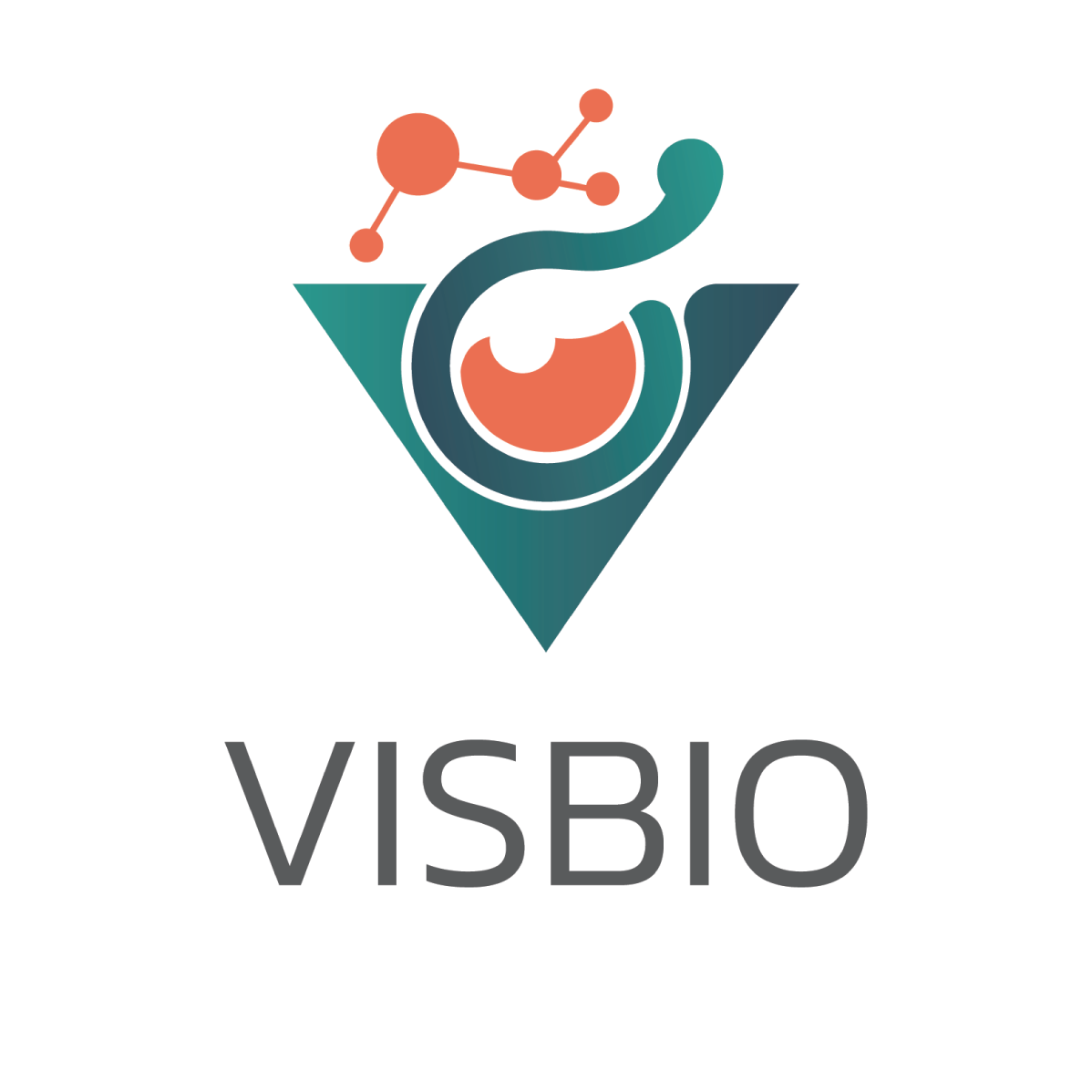Inflammation is a natural response of the body’s immune system to infection or injury, but chronic inflammation is a major contributor to several debilitating diseases, including arthritis, cardiovascular disorders, and even cancer. The need for effective anti-inflammatory treatments has led researchers to explore natural compounds derived from medicinal plants, which have long been used in traditional medicine for their healing properties. Among these plants, Vitex peduncularis has gained attention due to its potent bioactive compounds, particularly its polyphenols, which offer promising anti-inflammatory effects.
In a recent study, “Anti-inflammatory properties of the stem bark from the herbal drug Vitex peduncularis Wall. ex Schauer and characterization of its polyphenolic profile,” researchers, including Associate Professor Dr. Kiattawee Choowongkomon, explored the anti-inflammatory properties of polyphenols derived from the stem bark of Vitex peduncularis. By using advanced analytical techniques such as HPLC-DAD-ESI/MS, the study identified key polyphenolic compounds, including apigenin and luteolin derivatives, that showed significant anti-inflammatory activity. This research highlights the potential of natural anti-inflammatory treatments derived from polyphenols, which could provide effective and safer alternatives to synthetic anti-inflammatory drugs.
Natural Anti-Inflammatory Agents: Polyphenols from Vitex peduncularis
The stem bark of Vitex peduncularis, a plant native to Southeast Asia and widely used in traditional herbal medicine, is rich in polyphenols, a class of compounds known for their potent antioxidant and anti-inflammatory properties. Polyphenols work by neutralizing harmful free radicals in the body and modulating inflammatory pathways. In this study, researchers focused on identifying the polyphenolic profile of the plant’s stem bark and assessing its anti-inflammatory potential through various biological assays.

The analysis revealed the presence of key flavonoids, including apigenin and luteolin derivatives, which are well-known for their ability to inhibit inflammatory mediators. These compounds have been shown to block the production of nitric oxide (NO), a key molecule in the inflammatory response, as well as to inhibit the activity of phospholipase A2, an enzyme that plays a critical role in the production of inflammatory molecules such as prostaglandins. By targeting these pathways, the polyphenols from Vitex peduncularis effectively reduce inflammation, making them promising candidates for natural anti-inflammatory treatments.

Mechanism of Action: Inhibiting Inflammatory Mediators
Inflammation involves a complex series of molecular signals that trigger the production of enzymes and molecules responsible for promoting pain, swelling, and tissue damage. Among these, nitric oxide (NO) and phospholipase A2 are two of the most important mediators. In chronic inflammatory conditions, these molecules are overproduced, leading to sustained inflammation and damage to tissues.
The polyphenols from Vitex peduncularis were shown to significantly inhibit the production of nitric oxide, reducing the pro-inflammatory signals in immune cells. Additionally, the inhibition of phospholipase A2 by these polyphenols prevents the release of arachidonic acid, a precursor to prostaglandins, which are major drivers of inflammation and pain. By blocking these pathways, the polyphenols from Vitex peduncularis not only reduce inflammation but also offer a natural alternative to nonsteroidal anti-inflammatory drugs (NSAIDs), which are often associated with adverse side effects such as gastrointestinal irritation and cardiovascular risks.
The Role of Apigenin and Luteolin Derivatives in Natural Anti-Inflammatory Treatment
Among the polyphenols identified in the stem bark of Vitex peduncularis, apigenin and luteolin derivatives stand out for their potent anti-inflammatory activity. Apigenin, a flavonoid commonly found in fruits and vegetables, is known for its ability to modulate inflammatory responses by downregulating the expression of key inflammatory mediators such as interleukin-6 (IL-6) and tumor necrosis factor-alpha (TNF-α). Similarly, luteolin has been shown to inhibit NF-κB, a transcription factor that controls the production of many pro-inflammatory cytokines. Together, these compounds contribute to the strong anti-inflammatory effects observed in the study.

The advantage of using natural compounds like apigenin and luteolin is their ability to provide anti-inflammatory benefits without the risk of long-term side effects that are commonly seen with synthetic drugs. The results of this study suggest that polyphenol-rich extracts from Vitex peduncularis could be developed into natural anti-inflammatory supplements or incorporated into pharmaceutical formulations aimed at treating chronic inflammatory conditions such as arthritis or inflammatory bowel disease.
What Does This Natural Anti-Inflammatory Treatment Mean for Your Business?
For companies in the pharmaceutical, biotechnology, and nutraceutical industries, the discovery of polyphenols with potent anti-inflammatory effects from Vitex peduncularis presents a significant business opportunity. With the rising demand for natural alternatives to synthetic drugs, particularly in the treatment of chronic inflammation, the development of plant-based anti-inflammatory therapies offers a competitive edge.
Investing in the development of polyphenol-based anti-inflammatory products could allow your company to meet the growing consumer demand for natural health solutions. The ability of Vitex peduncularis polyphenols to inhibit key inflammatory mediators like NO and phospholipase A2 positions these compounds as potential active ingredients in both nutraceuticals and pharmaceutical formulations. By collaborating with research institutions like Dr. Kiattawee’s team, companies can accelerate the process of bringing these innovative products to market, potentially gaining intellectual property rights and early access to a rapidly expanding market for natural anti-inflammatory treatments.
As consumers increasingly seek out natural remedies with fewer side effects than conventional drugs, companies that invest in the development of polyphenol-rich extracts from plants like Vitex peduncularis stand to gain a significant advantage in this evolving market.
The Future of Natural Anti-Inflammatory Treatment
The discovery of apigenin and luteolin derivatives in the polyphenolic profile of Vitex peduncularis represents a major breakthrough in the search for natural anti-inflammatory agents. As the global population ages and the incidence of chronic inflammatory diseases continues to rise, the need for safe, effective treatments has never been greater. By harnessing the power of plant-derived polyphenols, researchers are opening new doors for the development of natural anti-inflammatory therapies that offer fewer risks than traditional drugs.
This study not only highlights the anti-inflammatory potential of Vitex peduncularis but also underscores the importance of continued research into plant-based medicines. As the pharmaceutical industry increasingly turns to nature for solutions, the development of polyphenol-rich extracts like those from Vitex peduncularis could revolutionize the way we treat chronic inflammation, offering a natural, sustainable alternative to synthetic anti-inflammatory drugs.
Partner with Us for Cutting-Edge Natural Inflammation Solutions
We invite companies in the pharmaceutical and biotechnology sectors to collaborate with us in developing Vitex peduncularis polyphenols into effective anti-inflammatory treatments. Contact us for a free consultation to explore how your business can benefit from these groundbreaking findings and become a leader in the natural anti-inflammatory product market.

About the Author:
Associate Professor Dr. Kiattawee Choowongkomon is a leading expert in natural product drug discovery, with over 200 publications in the fields of protein structure, enzyme inhibition, and natural anti-inflammatory compounds. His research has made significant contributions to the development of innovative therapies based on plant-derived compounds.
About the Research:
This study, titled “Anti-inflammatory properties of the stem bark from the herbal drug Vitex peduncularis Wall. ex Schauer and characterization of its polyphenolic profile,” was published in Food and Chemical Toxicology and is available via DOI: 10.1016/j.fct.2017.05.020. The research focuses on the identification of polyphenolic compounds from Vitex peduncularis and their potential as natural anti-inflammatory agents, particularly through the inhibition of NO and phospholipase A2.


